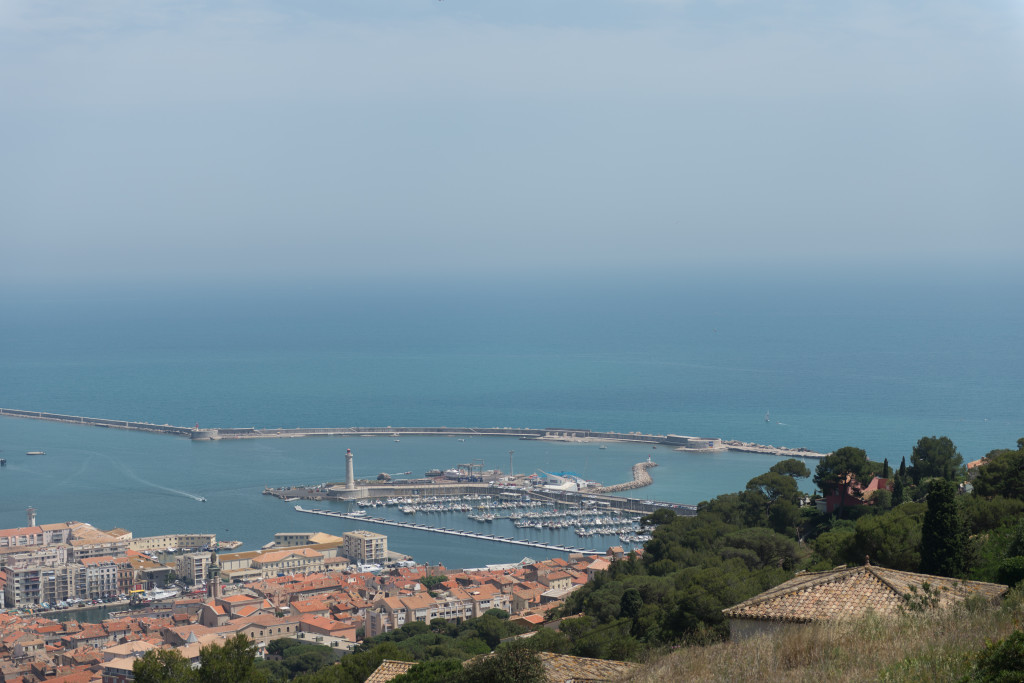This is a guest post by Céline Jacob, PhD Student on Marine and Coastal Biodiversity Offsets at CREOCEAN — Center for Functional and Evolutionary Ecology in Montpellier (France). This comment is the expression of the author’s thoughts and experiences and as such is acknowledged as a fruitful contribution to the discussion on biodiversity offsets. If you want to react or clarify your own position (underpin or disprove Céline’s reasoning), please leave a reply below!
I remember discussing with some colleagues why I was struggling to work on marine biodiversity offsets. Of course, the conceptual framework of mitigation hierarchy applies both to terrestrial (by terrestrial I also take into account aquatic ecosystems and wetlands) and marine ecosystems: concepts are the same, objective of no net loss principle is pursued in both cases. Why bothering me with this subject when I can work on terrestrial offsets on which a large amount of scientific articles is available, where I can get a few decades of feedbacks on implemented measures?
There are a number of opportunities:
- While witnessing the implementation of the Marine Strategic Framework Directive…
- While witnessing the proposal of the Directive establishing a framework for maritime spatial planning and integrated coastal management…
- While witnessing the development of the No Net Loss Initiative, promoting a wider no net loss approach to biodiversity and ecosystem services to achieve the overall objective of the EU Biodiversity Strategy…
- We can’t set aside issues related to marine biodiversity offsets, waiting for better knowledge, better instruments, more incentives…
We are to use these opportunities and to take the steps needed to bridge the gap between marine and terrestrial biodiversity offsets implementation and even go above and beyond.
Marine biodiversity offsets in the scope of EIA in France
To study marine biodiversity offsets, I have chosen to rely on the implementation of a regulatory procedure: the Environmental Impact Assessment (EIA). In France, as in other countries, an EIA must observe the mitigation hierarchy, i.e. proposing measures that would avoid and / or reduce the adverse effects on ecosystems in order to minimize the residual impact. If a significant residual impact remains, the EIA must define compensatory measures.
According to article R.122–2 of the French Environmental Code, marine projects submitted to EIA are: works, and infrastructures realized on the maritime public domain (port and port facilities, construction or extension of coastal infrastructures covering a total surface equal or higher than 2000 m2), all power generating facilities (off-shore plants, water turbines), all dredging, effluents, and oil platforms.
But how are these principles translated into practice?
I have started with the review of around fifties French EIA concerning all types of project and ecosystems encountered in the French waters.
In marine and coastal EIA, the impact assessment exercise appears to be particularly intricate leading most of the time to conclude at the absence of significant impacts. The rare measures proposed to offset residual impacts could be questioned in terms of equivalency and appropriateness (also see Vaissiere and al., 2014).
In fact, these EIA are mostly based on qualitative analysis (except for species or habitats with a protection status). Compensatory measures often compensate for a loss of uses related to an economic activity and not for a biodiversity loss. Compensatory measures often involve data collection programs (measures that would have been refused in EIA on terrestrial ecosystems) and not in-kind compensation.
Thus, one of the main pitfalls of the mitigation implementation for coastal and marine projects Adeline Bas (PhD Candidate with EDF-EN) and I identified, is the weakness of the methodologies used to assess losses due to a development project and gains created by a compensatory measure.
More to come…

